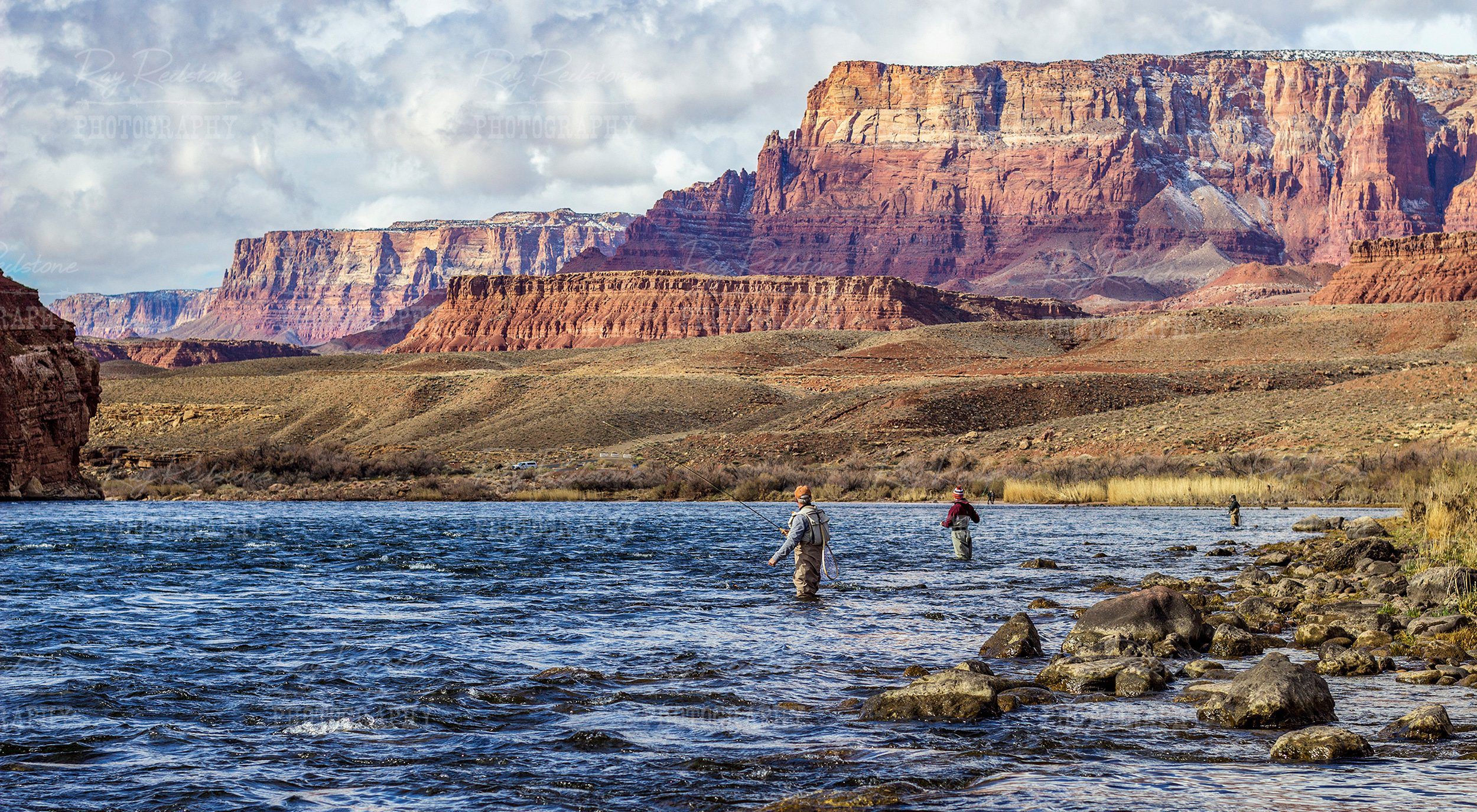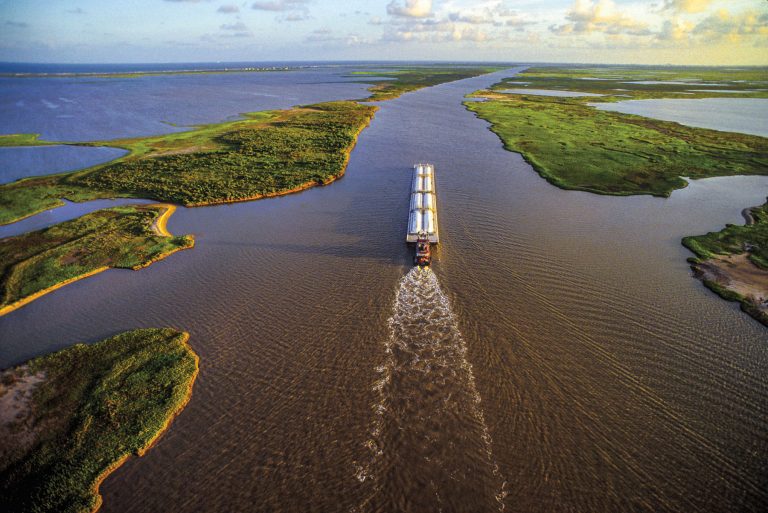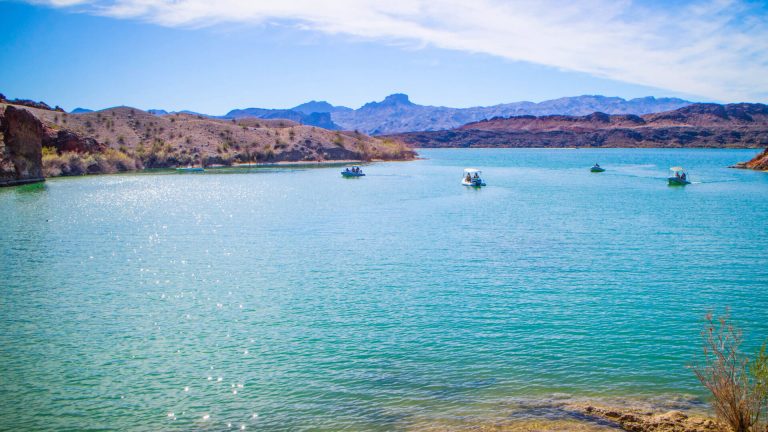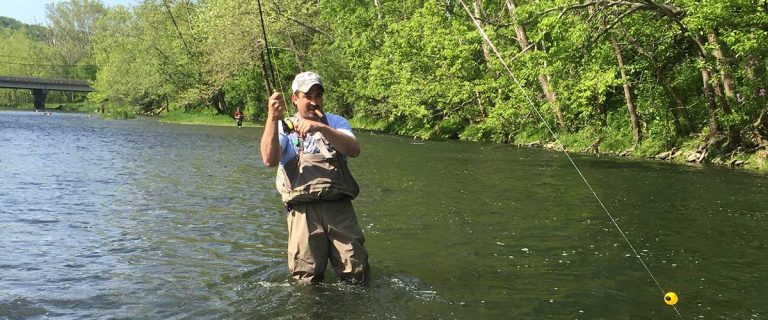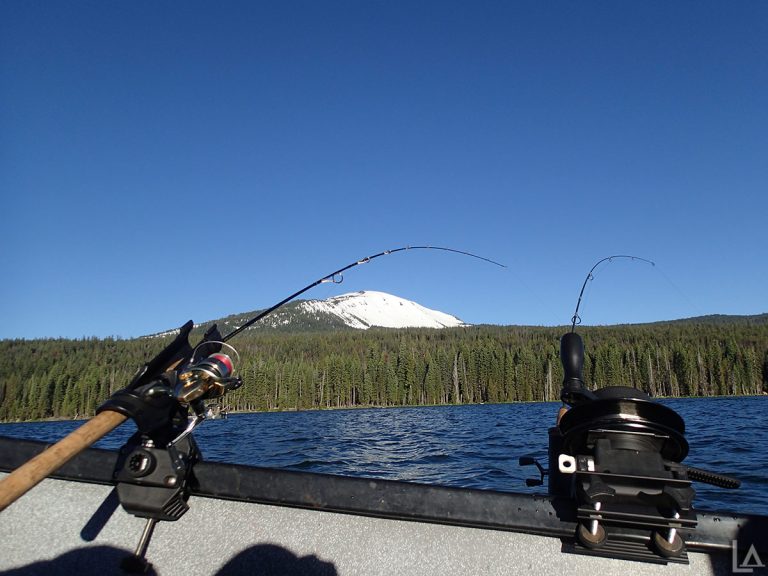Fishing provides therapeutic recreation, connection with nature, and valuable outdoor experiences for millions of Americans—yet many anglers with disabilities face unique challenges accessing these opportunities. Understanding special fishing license provisions designed specifically for disabled anglers is essential for ensuring inclusive participation in this beloved outdoor activity.
This comprehensive guide explores how states accommodate anglers with disabilities through specialized licensing options, accessibility infrastructure, and legal protections. Whether you’re a disabled angler seeking information about your eligibility for modified permits or a caregiver researching options, this article covers the critical information you need to navigate fishing license provisions across the United States.
Understanding Disability Fishing License Accommodations
State fish and wildlife agencies across the country recognize that standard fishing license requirements may present barriers for anglers with disabilities. To address this, most states have established specialized licensing provisions that may include:
- Reduced or waived license fees
- Extended seasons or increased catch limits
- Modified equipment allowances
- Designated accessible fishing areas
- Assistance permits for helpers/caregivers
According to data from multiple state wildlife agencies, these accommodations aim to remove barriers while maintaining conservation goals. Provisions vary significantly between states, with eligibility typically based on documented disabilities including mobility impairments, visual impairments, developmental disabilities, and service-related disabilities.
Eligibility Requirements and Documentation
To qualify for disability-specific fishing licenses, anglers typically need to provide documentation of their condition. While requirements vary by state, common qualifying conditions include:
- Permanent mobility impairments requiring use of wheelchairs, crutches, or walkers
- Visual impairments (partial or complete blindness)
- Developmental or intellectual disabilities
- Service-connected disabilities (veterans)
- Certain chronic medical conditions
Most states require one or more of the following documentation:
- Physician’s certification or statement
- Disabled parking permit or placard
- Veterans Administration disability determination
- Social Security disability verification
- State-issued disability identification
The Wisconsin Department of Natural Resources notes that these requirements help ensure accommodations reach those who genuinely need them while protecting the integrity of conservation funding generated through license fees.
State-by-State Disability License Provisions
Fishing license provisions for disabled anglers vary significantly by state. The table below compares key aspects of disability licensing across several states:
| State | License Type | Eligibility | Fee Structure | Special Provisions |
|---|---|---|---|---|
| Alabama | Disability License | Alabama residents certified 100% physically disabled | Reduced annual fee ($3) | Allows fishing in all Alabama public waters |
| Connecticut | Free Fishing License | CT residents with permanent disabilities | No fee | Available for freshwater and marine fishing |
| Florida | Disabled Resident Hunting/Fishing License | FL residents with total and permanent disabilities | No fee | Includes both freshwater and saltwater privileges |
| Maine | Complimentary License | Veterans with 100% service-connected disability, visually impaired | No fee | Lifetime license for qualifying residents |
| Tennessee | Type 189 License | TN residents confined to wheelchairs | Reduced fee | Includes all fishing privileges |
| Wisconsin | Disabled Veteran License | Veterans with 50%+ disability rating | Reduced fee | Includes inland and Great Lakes fishing |
For specific information about your state’s provisions, visit US Fishing Licenses and navigate to your state’s page. Each state maintains different qualification standards and application processes that must be followed precisely.
Application Process for Disability Fishing Licenses
Navigating the application process for disability fishing licenses requires preparation and proper documentation. While procedures vary by state, most follow this general process:
- Determine eligibility by reviewing your state’s specific requirements
- Gather required documentation (medical certification, VA disability rating, etc.)
- Complete application forms available through your state wildlife agency
- Submit application through the appropriate channel (online, mail, or in-person)
- Receive and carry your license when fishing
For example, the Pennsylvania Fish and Boat Commission provides specific forms for reduced-fee disabled veteran licenses that must be certified by the Veterans Administration before submission.
Pro Tip: Many states now offer online application options through their fish and wildlife agency websites, though some still require mail-in or in-person applications for disability licenses to verify documentation.
Accessible Fishing Locations and Infrastructure
Disability-specific licenses often coincide with investments in accessible fishing infrastructure. These features may include:
- ADA-compliant fishing piers and platforms
- Accessible shoreline trails and paths
- Modified boat launches and docks
- Accessible restroom facilities
- Designated parking areas
The Michigan Department of Natural Resources maintains a dedicated program to develop and identify accessible fishing sites throughout the state. Their Accessible Recreation Initiative has created dozens of universally accessible fishing piers, shoreline fishing areas, and boat launches.
Organizations like the National Park Service also provide information about accessible fishing opportunities in national parks and recreation areas. These resources help anglers with disabilities locate suitable fishing spots based on their specific accessibility needs.
Legal Rights and Compliance
Anglers with disabilities have specific rights protected under federal and state laws. The Americans with Disabilities Act (ADA) requires that public facilities, including many fishing areas, provide reasonable accommodations for individuals with disabilities.
Key legal protections include:
- Equal access to public fishing areas and facilities
- Reasonable modifications to policies and practices
- Removal of architectural and communication barriers where feasible
- Non-discriminatory licensing procedures
If you encounter barriers to accessing fishing opportunities, resources like the ADA National Network can provide guidance about your rights and potential remedies.
Adaptive Fishing Equipment and Techniques
Beyond licensing accommodations, many anglers with disabilities benefit from specialized equipment and techniques. These adaptive solutions include:
- Electric reels and automatic hook-setting devices
- Rod holders and mounting systems for wheelchairs
- Tactile indicators for visually impaired anglers
- Single-handed casting devices for those with limited mobility
- Voice-activated bite alarms for hands-free fishing
Organizations like Access to Recreation and Fishing Has No Boundaries provide resources, equipment recommendations, and sometimes direct assistance in acquiring adaptive fishing gear.
Organizations Supporting Disabled Anglers
Numerous organizations provide additional support, resources, and community for anglers with disabilities:
- Fishing Has No Boundaries – Organizes fishing events for disabled participants
- Catch a Special Thrill (C.A.S.T.) – Provides fishing opportunities for children with disabilities
- Project Healing Waters – Focuses on therapeutic fishing for disabled veterans
- Freedom Hunters – Provides outdoor opportunities for wounded service members
These organizations not only create fishing opportunities but also often advocate for improved accessibility and licensing provisions at the state and federal levels.
Recent Trends and Innovations
The landscape of accessibility in fishing continues to evolve, with several noteworthy trends:
- Electronic licensing options making application processes more accessible
- Improved mapping tools for locating accessible fishing spots
- Advanced adaptive equipment using new materials and technologies
- Universal design principles being incorporated into new fishing facilities
- Expanded eligibility for disability licenses in many states
The Connecticut Environmental Conservation Police note that their free disabled fishing license program has expanded eligibility in recent years to include a wider range of qualifying conditions, reflecting a broader trend toward inclusivity in outdoor recreation.
Navigating Interstate Fishing with Disability Licenses
For anglers with disabilities who fish across state lines, understanding reciprocity agreements is crucial. While standard fishing licenses rarely transfer between states, some states offer specific considerations for disabled anglers.
When planning interstate fishing trips:
- Check with destination states about honoring home-state disability credentials
- Research temporary non-resident license options for disabled anglers
- Contact state agencies directly for clarification on reciprocity
- Consider purchasing short-term licenses when necessary
The US Fish and Wildlife Service provides information about accessible fishing opportunities in national wildlife refuges, which may have different licensing requirements than state waters.
Conclusion
Fishing license provisions for anglers with disabilities represent important steps toward making outdoor recreation accessible to all. By understanding the specific accommodations available in your state, the application processes, and the supporting resources, disabled anglers can more fully participate in and enjoy the therapeutic benefits of fishing.
Whether you’re seeking information about reduced fees, specialized permits, or accessible locations, start by contacting your state’s fish and wildlife agency or visiting US Fishing Licenses to access state-specific information. With proper planning and knowledge of available accommodations, the joys of fishing can be accessible to anglers of all abilities.
Remember that advocacy continues to improve accessibility in fishing. By sharing experiences and working with support organizations, anglers with disabilities can help shape more inclusive policies for future generations of outdoor enthusiasts.



